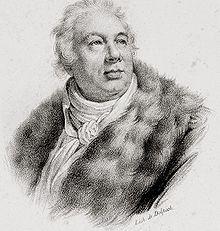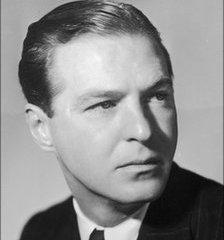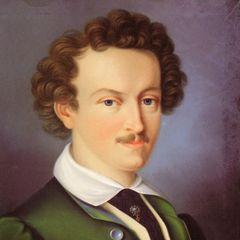Vittorio Alfieri Quotes

Disgrace does not consist in the punishment, but in the crime.
"Hoyt's New Cyclopedia Of Practical Quotations" by Jehiel Keeler Hoyt, (p. 148), 1922.
To err is human; but contrition felt for the crime distinguishes the virtuous from the wicked.
"Hoyt's New Cyclopedia Of Practical Quotations" by Jehiel Keeler Hoyt, (p. 665), 1922.
"Hoyt's New Cyclopedia Of Practical Quotations" by Jehiel Keeler Hoyt, (p. 707), 1922.
Vittorio Alfieri (1815). “The tragedies of Vittorio Alfieri”, p.197
Vittorio Alfieri (1876). “The Tragedies of Vittorio Alfieri: Complete, Including His Posthumous Works”
"Hoyt's New Cyclopedia Of Practical Quotations" by Jehiel Keeler Hoyt, (pp. 148-149), 1922.
"Hoyt's New Cyclopedia Of Practical Quotations" by Jehiel Keeler Hoyt, (pp. 787-790), 1922.
If ardent passions push not men on to lofty enterprise, calm wisdom never will accomplish it.
Vittorio Alfieri (1876). “The Tragedies of Vittorio Alfieri: Philip. Polynices. Antigone. Virginia. Agamemnon. Orestes. Rosmunda. Octavia. Timoleon. Merope. Mary Stuart”
Vittorio Alfieri (1876). “The Tragedies of Vittorio Alfieri: Complete, Including His Posthumous Works”
The guilty is he who meditates a crime; the punishment is his who lays the plot.
"Antigone". Play by Vittorio Alfieri, Act 2, Scene 2, 1801.
A conquering king will banish from his breast hatred towards one whom he no longer fears.
Vittorio Alfieri (1815). “The tragedies of Vittorio Alfieri”, p.245
Ofttimes the test of courage becomes rather to live than to die.
Vittorio Alfieri, Charles Lloyd (1876). “Philip”
Vittorio Alfieri (1821). “Tragedies”, p.255
Vittorio Alfieri (1821). “Tragedies”, p.265
For one to grasp, whatever be his object, sov'reign power ... is an act of perilous presumption.
Vittorio Alfieri (1876). “The Tragedies of Vittorio Alfieri: Complete, Including His Posthumous Works”
"Reason for Changing his Democratic Opinions" as quoted in "Hoyt's New Cyclopedia Of Practical Quotations" by Jehiel Keeler Hoyt, (p. 93), 1922.
"Hoyt's New Cyclopedia Of Practical Quotations" by Jehiel Keeler Hoyt, (p. 197), 1922.
That blood which thou hast spill'd, should join you closely in an eternal bond.
Vittorio Alfieri, Charles Lloyd (1876). “Philip”
Vittorio Alfieri (1815). “The tragedies of Vittorio Alfieri”, p.128
Where there are laws, he who has not broken them need not tremble.
"Hoyt's New Cyclopedia Of Practical Quotations" by Jehiel Keeler Hoyt, (p. 430), 1922.






